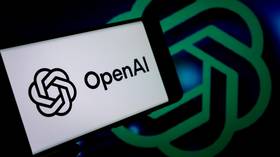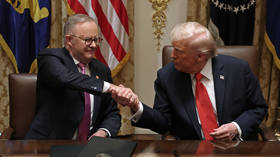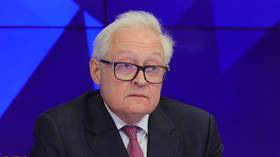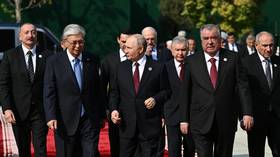OpenAI signs $200 million Pentagon deal

OpenAI, the developer of the ChatGPT language model, has received a $200 million contract from the US Department of Defense, the Pentagon announced Monday. The company says it is part of a drive to “defend democracy” against rising Chinese competition.
The contract tasks OpenAI with developing “prototype frontier AI capabilities to address critical national security challenges in both warfighting and enterprise domains,” according to the announcement. The work is expected to be performed in the National Capital Region, which includes Washington DC, and is scheduled for completion by July 2026.
Though this marks OpenAI’s first publicly disclosed agreement with the DoD, the company has previously been involved in national security initiatives. In December, OpenAI partnered with military contractor Anduril Industries to develop artificial intelligence systems for counter-drone operations. At the time, Anduril said the collaboration aimed at applying AI to “rapidly synthesize time-sensitive data, reduce the burden on human operators, and improve situational awareness.”
In January, OpenAI CEO Sam Altman joined other Silicon Valley executives and President Donald Trump in announcing Project Stargate, a $500 billion investment in US computing infrastructure intended to support future AI development.
That same month, OpenAI introduced a version of ChatGPT tailored specifically for the US government. The company said the software would run on specialized hardware, such as Microsoft Azure’s cloud services, allowing government agencies to “manage their own security, privacy, and compliance requirements.”
In late January, Western tech developers and investors were rocked by the introduction of Chinese AI startup DeepSeek, which claimed its product was superior to ChatGPT in key operational cost metrics. The next month, Altman said at a gathering in Washington that OpenAI was committed to helping the US government safeguard “America’s lead in AI” for the sake of protecting “democratic values.”
In April, trade publications reported that OpenAI was developing a new social media platform similar to Elon Musk’s X. Musk, once a close Trump ally, has been working to integrate his own AI assistant, Grok, into X.
The billionaire co-founded OpenAI but parted ways with the company in 2018. Musk and Altman are now reportedly engaged in a “bitter rivalry.”













